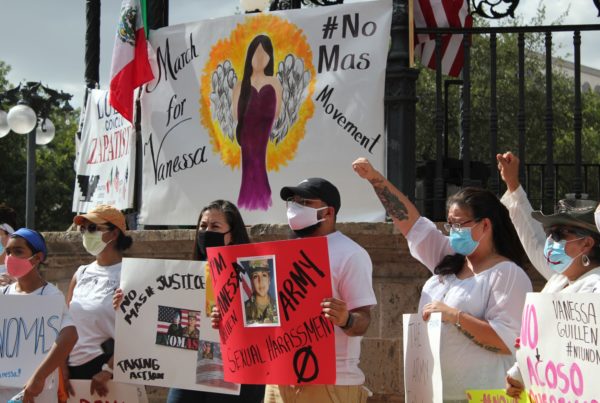A new report from the Human Rights Clinic at the University of Texas School of Law, the Austin Community Law Center, and Trans Pride Initiative details how the TDCJ’s adherence to the Texas Family Code violates human rights. Human Rights Clinic director Ariel Dulitzky spoke with Texas Standard.
Why researchers say the Texas Family Code causes problems:
“The Texas Family Code bans the possibility of changing the name of any person who was convicted for a felony and after two years of being released from prison.”
How this is a Human Rights violation:
“We are referring first to the Universal Declaration of Human Rights that was adopted in 1948. In fact, the main draft was done, among others, by Eleanor Roosevelt from the U.S.. It violates also the International Covenant on Civil and Political Rights that was ratified in 1992. So some are explicitly recognized and others are implicit in these treaties.”
What researchers learned from hundreds of surveys sent to incarcerated people who are transgender in Texas:
“Particularly how the lack of the possibility of changing their names, how that affects the mental health of the person, how it increases the harassment the transgender person’s suffered, how many times it leads to different situations of discrimination, like the case of Maria that one of the guards told her, ‘I don’t give a damn what you want to be called and you have no rights.’ And that seems particularly concerning.”
The next steps:
“There is a federal challenge against the Texas Family Code. We believe that in addition to the litigation, that the Texas Legislature in the next session could amend the Texas Family Code and that will bring Texas in compliance with international human rights law and closer to the vast majority of the states in the country, 31 states do not have any particular restrictions for people with felonies. So we believe that Texas can follow that same trend.”













